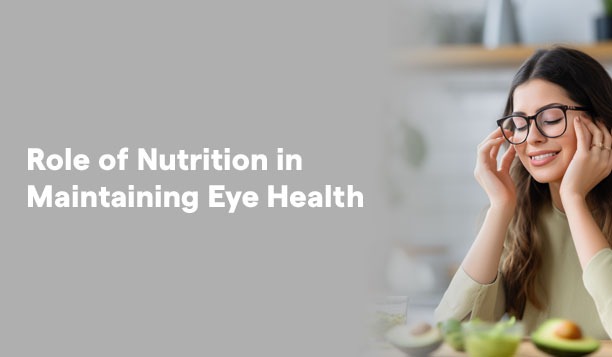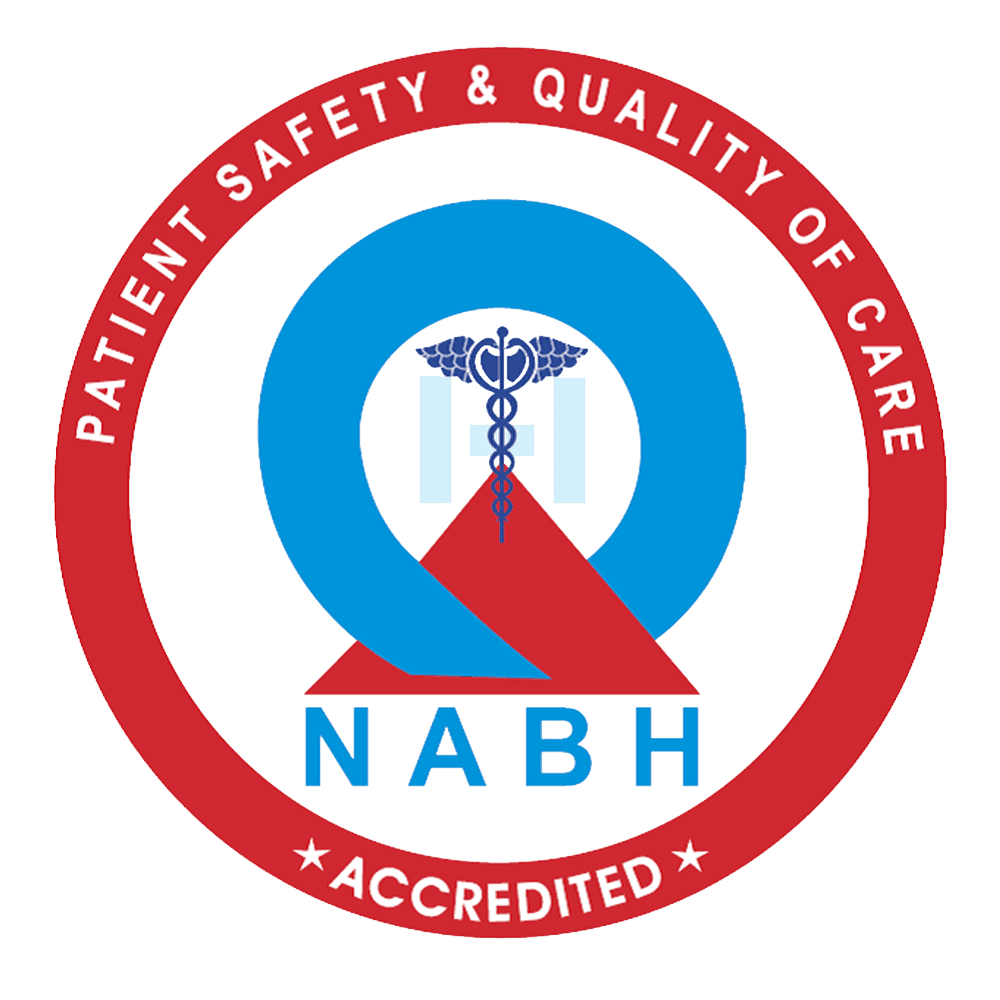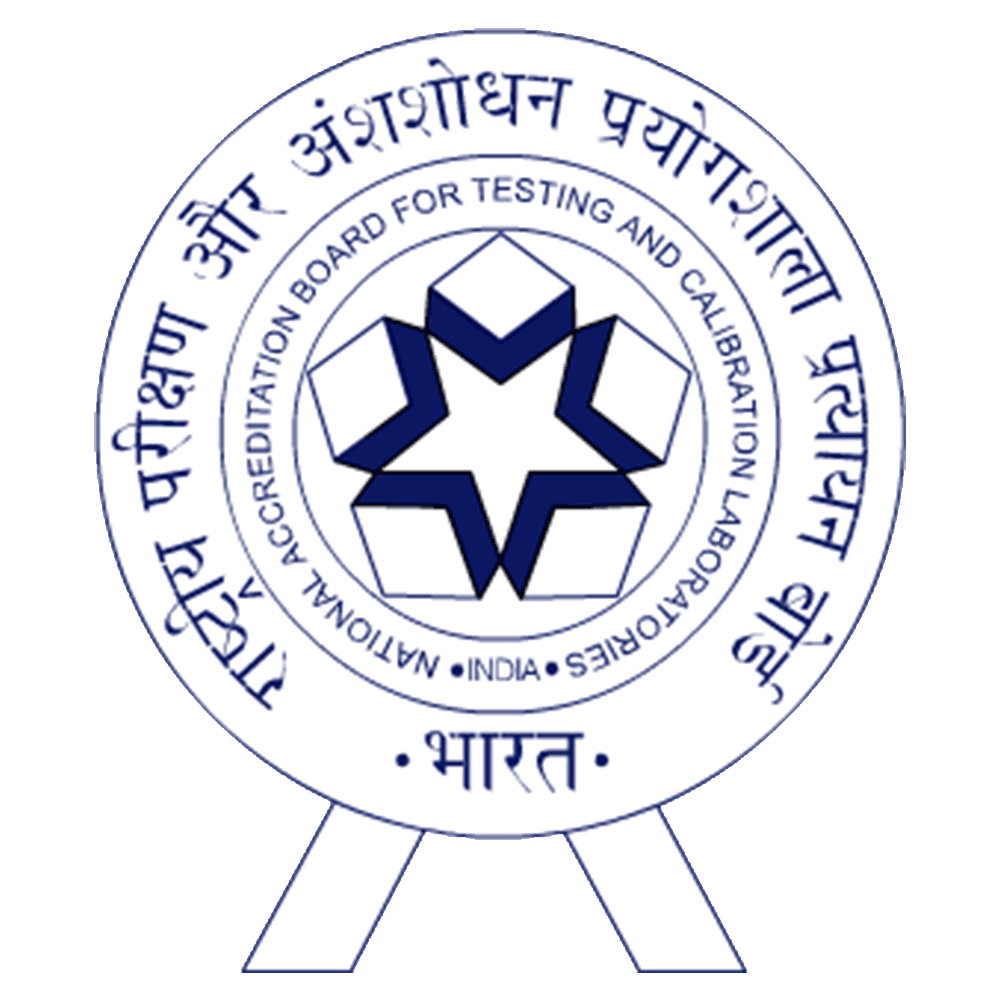Nutrition in Eye Health
Adding a nutrient-rich diet to your everyday regime is a fundamental technique for enriching the capacity of your vital organs. Some of the essential nutrients and their importance for maintaining our vision health are discussed as follows:
- Vitamins and Their Impact : The main functions of vitamins are incredible, concerning vision health. It helps the body to maintain healthy vision, Vitamin A is the key vitamin that contributes majorly to maintaining the health of the cornea as well as with the production of rhodopsin and also has a role in low-light vision. This essential vitamin can be from foods containing beta carotene such as carrots and sweet potatoes. Vitamin C has the function of an antioxidant that can defend the ocular tissues from the influence of the increase of oxidative processes. Some of the fruits that are very rich in vitamin C include oranges, grapefruits, and so on while Vitamin E which protects the eye cells from the effects of free radicals is obtained from nuts and seeds.
- Lutein and Zeaxanthin : These essential carotenoids are also referred to as the natural sunblock for the eyes, due to their ability to delay macular degeneration in the eyes as well as the chances of cataracts. Food rich in lutein and zeaxanthin are green leafy vegetables, corn, and egg yolks.
- Minerals and Their Role : The body benefits from minerals, especially in the areas of the eyes. Zinc is one of the minerals necessary for the transport of vitamin A from the liver to the retina to produce melanin which is a protective tinge in the eyes. A good source of zinc includes; foods that are rich in zinc including oysters, beef as well as cereals. There is another important mineral, selenium that combines with antioxidants to shield the eyes. Seafoods and Brazil nuts should be avoided since they are rich in selenium and could lead to selenium toxicity in the body.
- Omega-3 Fatty Acids : Omega-3 fatty acids can help maintain the integrity of eyes’ cell membranes. These essential fatty acids are important for the support of vision and the decrease of inflammation. Omega-3 is food with many health benefits found in fatty fish and other products such as vegetables. If you have to include these foods in your diet, you are likely to experience better health and a reduced probability of developing some chronic eye diseases.
How Nutrients Affect the Chances of Eye Diseases
- Cataract Prevention : Nutrients are known to have an impact on the acquisition of cataracts; there are therefore nutrients that can prevent cataracts. Trace elements such as vitamins C and E prevent cataracts because they minimize the damage caused by lens oxidation. It also means that the consumption of foods rich in these vitamins can delay the formation of these complications. Having more lutein and zeaxanthin also helps to prevent cataracts which is associated with frequent intakes of foods that contain green leafy vegetables.
- Macular Degeneration : There are quite several blinding conditions such as, age-related macular degeneration (AMD) being one of the most prevalent and dangerous. Other nutrients that were found to be critical to the well-being of the retina include lutein and zeaxanthin which maintain the structure of the retina. These carotenoids protect against blue light and fight against AMD. Omega-3 fatty acids are also found to have a protective benefit on AMD. These nutrients, therefore, should be incorporated into one's diet to support retinal health and avoid loss of vision.
- Diabetic Retinopathy : Proper nutrition can help manage blood sugar levels, which is crucial for preventing or managing diabetic retinopathy, and if the symptoms persist contact the best ophthalmology hospital in Delhi.
- Dry Eye Syndrome : Omega-3 fatty acids have been shown to improve the quality of tears and reduce symptoms of dry eye.
Nutritional Strategies for Eye Health
To maintain and support your ocular health one must follow the suggested strategies:
- Eat a Rainbow: Avoid sticking to a few vegetables and fruit and try to take as many as possible with different colors as that would provide different nutrients and antioxidants.
- Include Fatty Fish: Make sure to include 2 servings of omega-3-rich fatty fish at least within the week.
- Nuts and Seeds: Consume a bowl full of nuts or a handful of seeds every day for vitamin E and other health-promoting nutrients.
- Stay Hydrated: It is good to take enough water so that it can achieve a balance of moisture in your eyes and cause no dryness.
- Limit Processed Foods: Avoid taking foods that are processed and foods that contain high sugar levels since they may cause inflammation and be bad for the eyes.
- Consider Supplements: In certain conditions, eye health supplements are very useful, especially in individuals who are at higher risk of going through eye diseases. However, as potential side effects exist expert health advice should be sought before beginning the intake of any supplements.
Healthy nutrition is very essential in the general well-being of the eyes hence the importance of Eye Health Nutrition. Taking foods rich in certain nutrients is beneficial to your eyes and helps to prevent age-related eye diseases. The use of colorful fruits and vegetables provides rich nutrients such as; antioxidants for proper eyesight and minerals for good eyes. It is therefore important to make a conscious effort in proper dieting to feed your eyes properly. People whose diets are consistent with their nutritionists’ recommendations can avoid vision problems in the future.
Prioritizing a healthy diet and a healthy life should be a long-term goal. One should always remember that nutrition is one of the most important aspects of maintaining ocular health. To know more, book an appointment at Sir Ganga Ram Hospital today.



